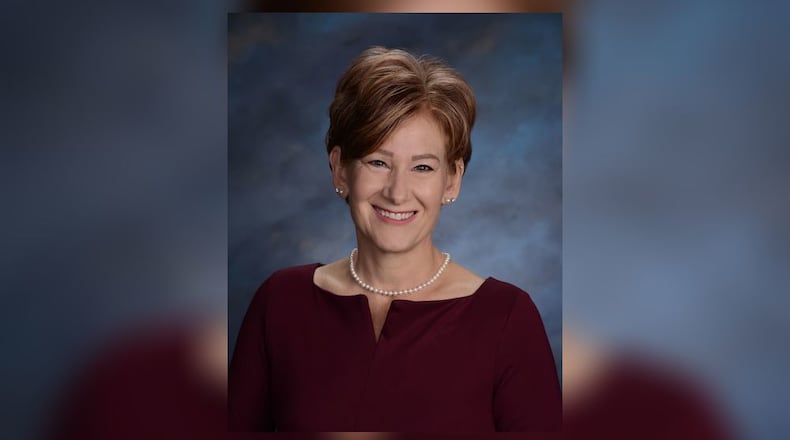Commission priorities are developed from community participation and input throughout the year. The budget, as one of the most important policy documents the City puts forward, also allows opportunity for input. There are input meetings with the Mayor and Commissioners, several rounds of budget development meetings with departments, and an external Revenue Advisors group provides feedback on revenue assumptions. Months of very involved staff work begin in the summer once the organization has at least six months of revenue and expense trend data and culminates in public work sessions to socialize the upcoming year’s budget. Recently, to advance transparency and accessibility, budget work sessions are streamed live and are also recorded and available on the City’s YouTube channel.
After the City Manager prepares and presents a balanced budget, the Commission shall accept or modify the budget as submitted and adopt the budget by resolution prior to the beginning of the fiscal year. The City’s fiscal year ends December 31. The Resolution on the calendar for December 7th reflects budget amounts presented at the two November work sessions and satisfies this City Charter requirement.
Additionally, The State of Ohio statute requires governmental units to appropriate public funds prior to incurring expenses and allows governments until April 1 to hold public hearings and pass a final appropriation. The Temporary Appropriation Ordinance is an interim authorization to expend funds for City obligations between January 1, 2023, and the date the annual appropriation ordinance is adopted.
Once these two pieces of legislation are considered and approved, there are still several weeks of opportunity for input and feedback on the final 2023 budget as it is refined and finalized before a 2023 Original Appropriation legislation is brought forward. The Annual Appropriation Schedule includes a notice for a Public Hearing in the Dayton daily News, a Public Hearing at the City Commission Meeting (typically in late January), publishing the Annual Appropriation in the Dayton Daily News in early February with a first and second reading of the Appropriation Ordinance at two separate mid-February City Commission Meetings.
The City also facilitates an annual resident public opinion survey seeking feedback and gauging resident satisfaction. This information also helps inform priorities, identify key metric for program evaluation, and inform the budget process. Lastly, the City takes pride in its efforts to ensure fiscal transparency and has been maintaining and updating an online financial dashboard, Dayton Open Data, since the end of 2015. This web-based portal provides access to the City’s revenue and expenditure data at the global level down to the line-item level and is another tool available to residents so they can gain a better understanding of the City budget and operations and continue to engage with us and provide feedback and input on priorities and desired outcomes in the community.
Shelley Dickstein is the Dayton City Manager.
About the Author
